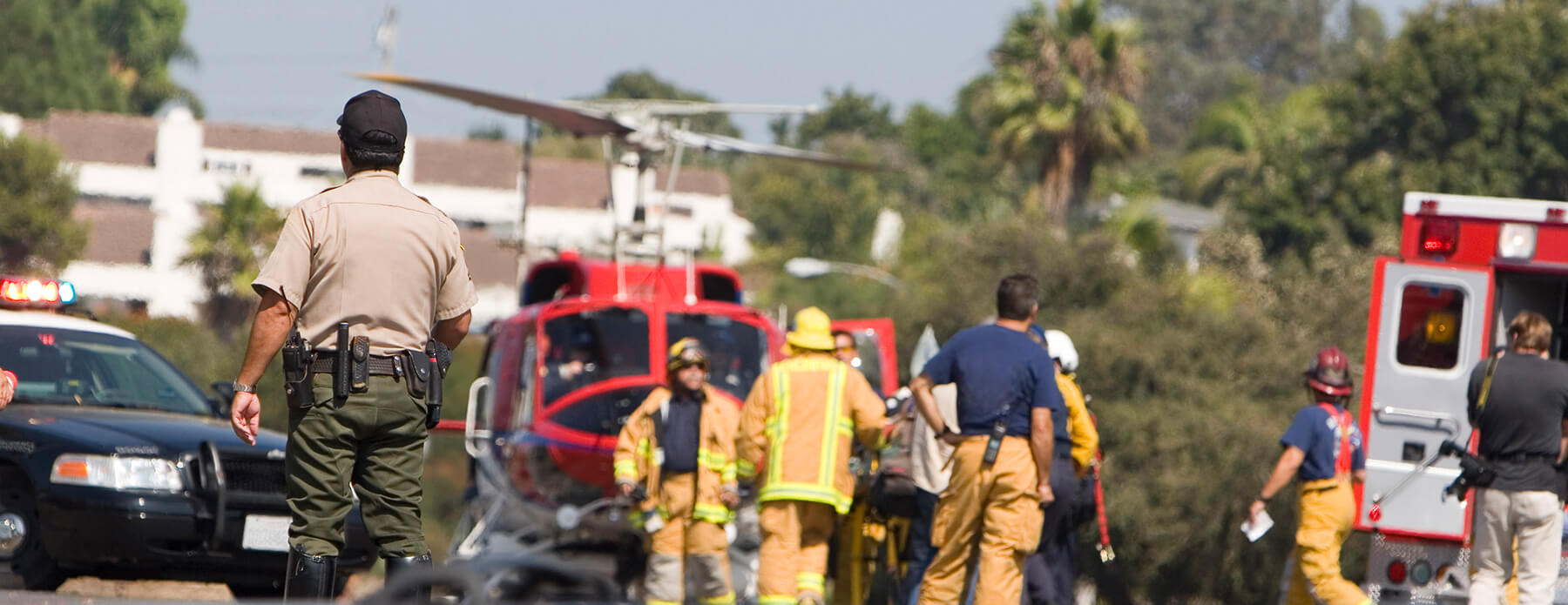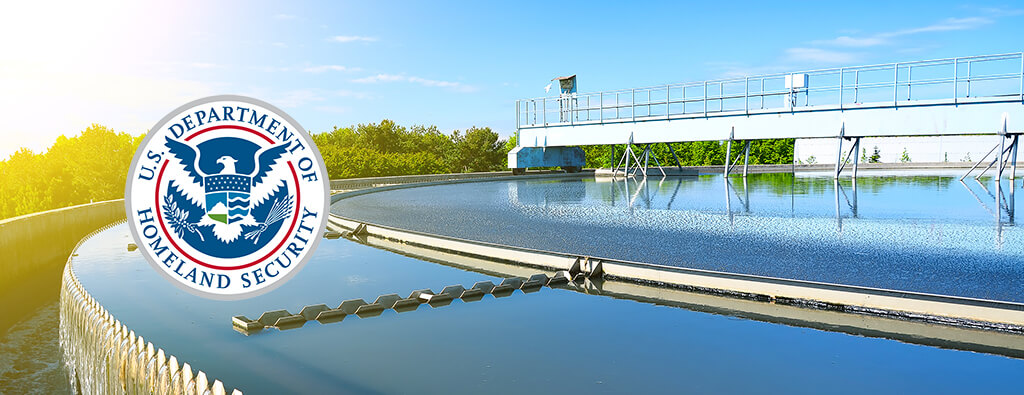National Disaster Preparedness Month is a poignant reminder for government bodies to re-examine and refine their emergency protocols. Given the varied needs of disabled citizens, it’s imperative to ensure that strategies are inclusive and effective. Governments can take steps to better prepare for the unique needs of disabled individuals during emergencies and foster equitable disaster response and recovery.
The Imperative of Inclusive Disaster Preparedness
Emergencies challenge communities and their governance structures. For disabled residents, these challenges often multiply due to mobility constraints, communication barriers, and specific medical needs. A comprehensive and inclusive emergency management system is not only a legal mandate under laws like the Americans with Disabilities Act (ADA) but a moral and social imperative.
Key Focus Areas for Inclusive Emergency Management
- Community Consultation: Engage disability advocates and disabled community members in planning and feedback processes. This collaboration will ensure that plans are both functional and practical.
- Shelter Accessibility: Designate and promote shelters that are ADA-compliant. This includes ensuring accessible transportation, functional restrooms, and clear egress and ingress points.
- Effective Communication: Implement multi-modal communication tools that cater to diverse needs. This can include text-based alerts, sign language interpreters, and visual alarms.
- Training and Development: Regularly train emergency personnel on disability etiquette, rights, and specific needs to ensure they can effectively assist all community members.
- Provisions for Service Animals: Ensure government-led shelters have clear and inclusive policies for service animals. This should be communicated well in advance to the community.
- Medical Needs Management: Collaborate with healthcare providers to ensure the availability of medical resources and care for disabled individuals during emergencies.
Resources and Collaborative Opportunities
To foster an inclusive emergency management system, governments should seek collaborations and utilize available resources:
- Ready.gov’s Inclusivity Guidelines: Provides guidance for accommodating and considering the community’s diverse needs.
- American Red Cross: Partner and collaborate with the American Red Cross to share resources and training opportunities catering to disabled individuals.
- National Council on Disability (NCD): Engage with the NCD for guidance on the rights and needs of disabled individuals during emergencies.
- FEMA’s Office of Disability Integration and Coordination (ODIC): This body can provide insights and tools to seamlessly integrate disability needs into broader emergency plans.
- ADA Emergency Planning: ADA’s guidance on how state and local governments can provide effective emergency management services for people with disabilities.
A community’s resilience is measured by how it supports its most vulnerable. As government bodies and disaster professionals responsible for providing emergency management services, let’s use National Disaster Preparedness Month as a reminder to constantly strive for a more inclusive, fair, and efficient emergency response and recovery system.



